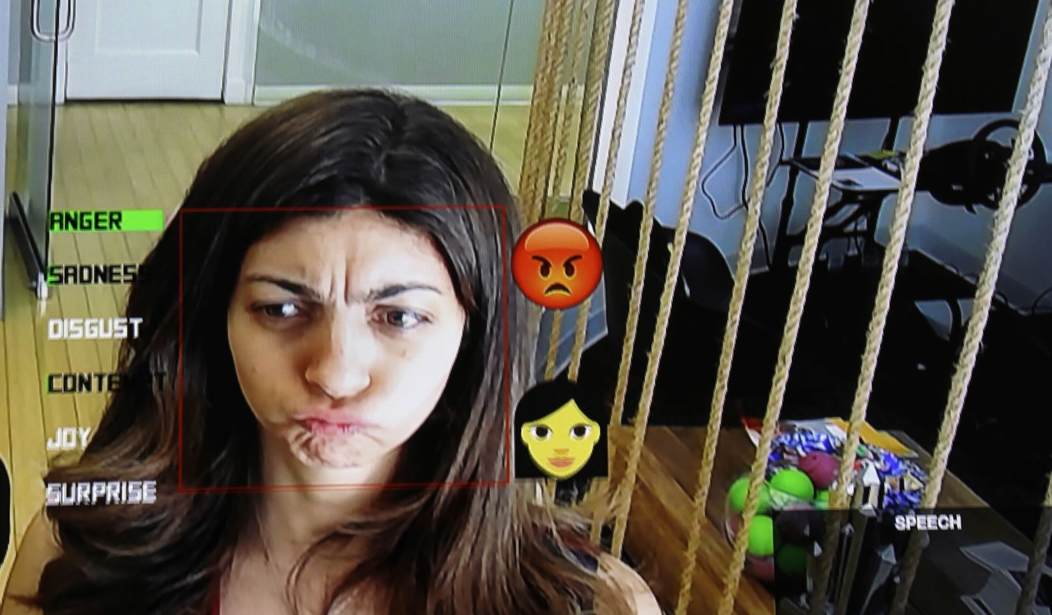We’ve been following the saga of the development of facial recognition software and the various debates that have arisen from it for years. But while some of the most controversial potential applications for this technology have involved its use by law enforcement, one of the earliest leaders in the field was Facebook. Their facial recognition algorithm began cataloging the faces of people who showed up in photos published on the platform, later allowing users to “tag” them and build connections with others. (Or so they claimed.) But now, after all of the suspicions about facial recognition have sunk in with so many participants in social media and social justice advocates, the pressure has apparently become too much. Facebook is taking down its facial recognition system this month and will allegedly delete the literal billions of images and records contained therein. (NY Times)
Facebook plans to shut down its decade-old facial recognition system this month, deleting the face scan data of more than one billion users and effectively eliminating a feature that has fueled privacy concerns, government investigations, a class-action lawsuit and regulatory woes.
Jerome Pesenti, vice president of artificial intelligence at Meta, Facebook’s newly named parent company, said in a blog post on Tuesday that the social network was making the change because of “many concerns about the place of facial recognition technology in society.” He added that the company still saw the software as a powerful tool, but “every new technology brings with it potential for both benefit and concern, and we want to find the right balance.”
The decision shutters a feature that was introduced in December 2010 so that Facebook users could save time. The facial-recognition software automatically identified people who appeared in users’ digital photo albums and suggested users “tag” them all with a click, linking their accounts to the images.
I suppose the first question we should ask is whether or not Facebook is actually “deleting” literally billions of scans of users’ faces or if they are taking them offline. Making data unavailable to the public and actually destroying it are two very different things. And Facebook’s operating model has long been obvious to anyone who is paying attention. Data is their business. As the old saying goes, if you are getting something for “free” on the internet, you are the product. And Facebook has made a fortune off of collecting and selling your data. It will be interesting if we ever find out whether they really deleted it or if it will resurface in the years to come.
This sudden sensitivity to people’s privacy by Mark Zuckerberg definitely looks like something of a radical course change, doesn’t it? The man who became one of the wealthiest individuals on the planet off of nothing more than harnessing and marketing your data is just going to wipe all of that away? It’s not impossible, I suppose, but it definitely seems out of character.
None of this addresses the underlying point I’ve been hammering on for years. How much privacy do people really expect to have when they sign on to a nongovernmental system operated by a private corporation and make use of their “free” services by uploading endless selfies and pictures of themselves and their friends? Is it really Facebook’s responsibility to ensure that they can share photos without anyone having the ability to compare those pictures to other images and look for matches?
Some of those uses may be entirely benign, such as users hoping to reconnect with long-lost family and friends. Others could be far more sinister. Some might involve commercial exploitation for profit. But at the end of the day, when you willingly upload your images to a “free” service that’s available for the entire world to see, who is truly at fault if that data is put to some use that you object to? If nobody was holding a gun to your head and telling you to click the upload button, didn’t you sort of bring that on yourself?
I realize that may sound a bit heartless, but we live in a capitalist society, at least in America. If you can’t take responsibility for your own data and expect Facebook to act as your human shield when you’re not paying them a dime to use their service, I’m unsure how much sympathy we should have for you.








Join the conversation as a VIP Member